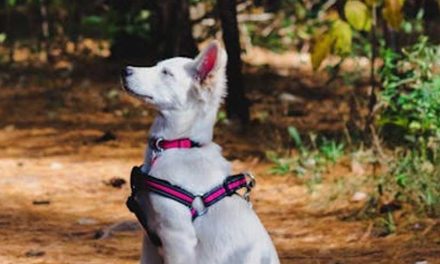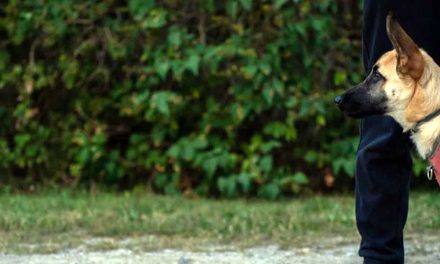Dogs have long been considered man’s best friend, but their loyalty and companionship go beyond just emotional support.
Many dog owners have experienced situations where their pets seem to react differently to certain individuals.
This has led to the intriguing question: can dogs sense bad people?
The Canine Senses
To understand how dogs might perceive humans, it’s essential to consider their superior sensory abilities.
Dogs possess an incredible sense of smell—up to 100,000 times more acute than that of humans.
This remarkable olfactory power allows them to detect various scents, including those linked to emotions, fear, and anxiety.
When a human is anxious or fearful, they may emit specific pheromones that dogs can pick up, potentially influencing the dog’s behavior.
Behavioral Cues
Dogs are also astute observers of body language and vocal tone.
They can sense changes in a person’s posture, facial expressions, and tone of voice.
For instance, a person exhibiting hostility or fear may trigger a defensive reaction from a dog.
Conversely, an individual displaying calmness and friendliness may be met with affection and warmth.
Many dog owners report instances where their pets seem to react negatively to certain people, growling or showing signs of distress even before any overt negative behavior is displayed.
These observations suggest that dogs might have an intuitive understanding of human emotions and intentions.
The Role of Socialization
A dog’s reaction to people can be influenced by their upbringing and socialization.
Dogs that have been socialized well from an early age may be more adept at discerning friendly faces from potentially harmful ones.
Conversely, dogs that have experienced trauma or negative encounters with people may be more fearful and suspicious.
This learned behavior can amplify their ability to sense perceived threats.
Studies and Anecdotes
While there isn’t conclusive scientific evidence specifically indicating that dogs can identify “bad people,” several studies suggest that dogs can read human emotions.
Research conducted by animal behaviorists has shown that dogs can differentiate between happy and angry facial expressions.
This ability could mean that dogs can form opinions about people based on their emotional state, even if that opinion isn’t necessarily connected to moral judgment.
There are countless anecdotal stories where dogs have reacted negatively to certain individuals, leading to the belief that they can sense danger.
These stories can range from personal experiences to well-documented cases in the media, reinforcing the idea that dogs might be in tune with the emotional landscape around them.
Conclusion
While the concept of dogs sensing “bad people” might not be supported by definitive scientific evidence, their ability to read human emotions and body language is well-established.
Dogs respond to cues that humans may not even be aware they are giving off, which can create an impression of moral judgment.
In a way, dogs serve as sensitive companions, capable of responding to the emotional states of those around them.
Whether they truly identify bad people or merely react to their feelings and behaviors remains somewhat of a mystery.
Regardless, their instincts remind us of the powerful bond we share with these remarkable creatures and their surprising ability to perceive the world through a lens of sensitivity and intuition.












